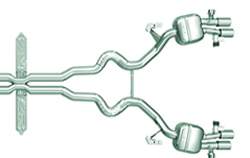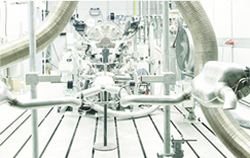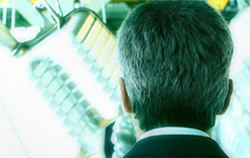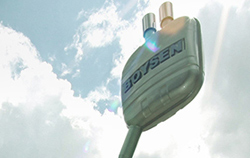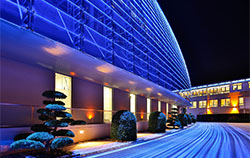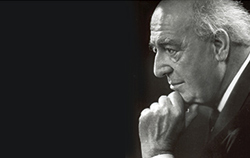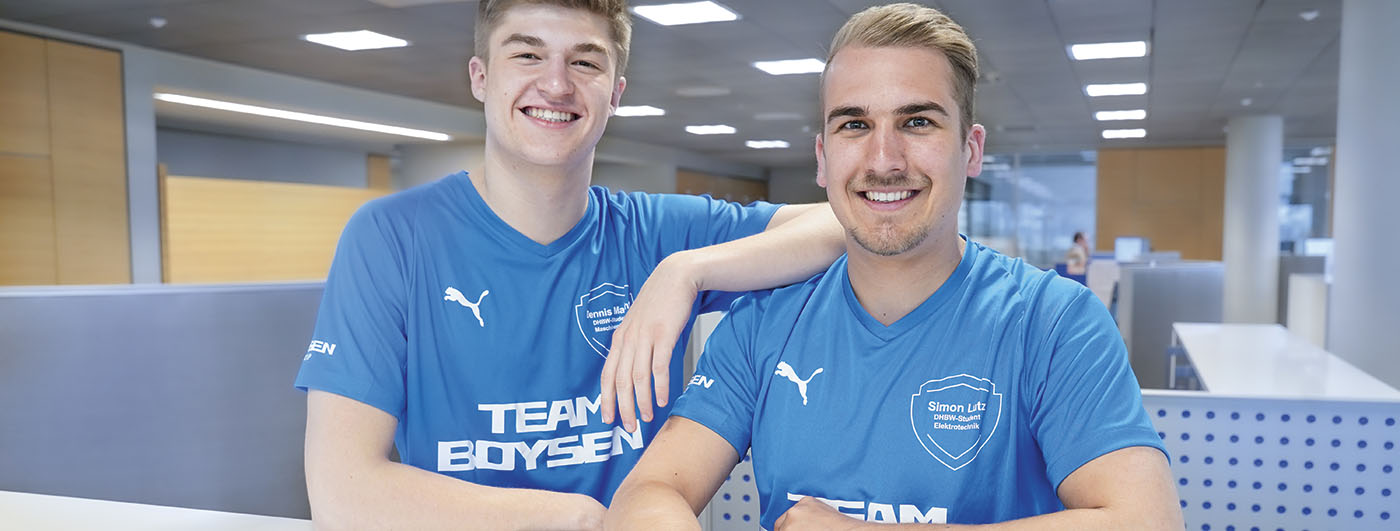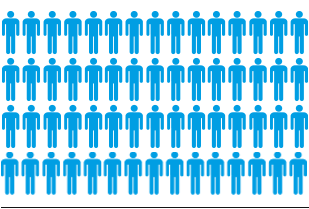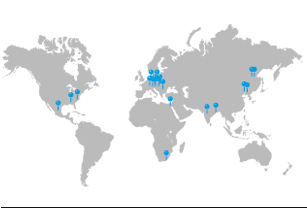New business areas in focus:
Boysen Group looking to diversify!
Given the technological change within the automotive industry, the Boysen Group is increasingly involved not only in its core business of exhaust technology, but also in completely new business areas. In this context, technology transfers in the direction of e-mobility as well as business activities in the fields of energy and environmental technology are moving into focus.
The Boysen Group has been concentrating on product transfers – from exhaust technology to product groups that can be used irrespective of drive form – for several years now. Initial success in the transformation towards e-mobility has been reported in the meantime: Since the beginning of 2021, Boysen has also been producing structural components for e-vehicles at the production plant BAK in Simmersfeld.
In addition, Boysen is pushing ahead with the development of battery housings and fuel tanks for hybrid vehicles. “In contrast to many competitors, we are using stainless steel rather than aluminium, whereby constructions of the same weight have increased installation room and improved crash safety,” explains CEO Rolf Geisel.
With the acquisition of the companies helag in Nagold and Alwa Dekotec in Steißlingen, the Boysen Group has also gained new expertise in the field of electrical and sensor technology. “This has expanded our automotive portfolio and also creates synergies with our activities in exhaust and energy technology,” says Geisel.
The group already entered the energy technology segment in 2019 with an investment in redox flow battery manufacturer Volterion. The battery systems store electrical energy in liquid electrolytes. Rolf Geisel explains: "We are talking here about stationary energy storage systems with excellent future viability because they have twice the cycle stability of lithium-ion batteries, making them ideally suited as a durable, stationary energy storage in industrial and energy companies or even in single- and multi-family homes.” The first major project has already been launched with a well-known German energy company.
Boysen is also setting itself ambitious goals with the construction of its own hydrogen centre in Simmersfeld, which is scheduled to begin before the end of 2022. The company is focusing on three main areas: firstly, the energy-efficient production and storage of hydrogen; secondly, the use of hydrogen, for example, in the production of synthetic fuels; and thirdly, the development of highly efficient fuel cells.






